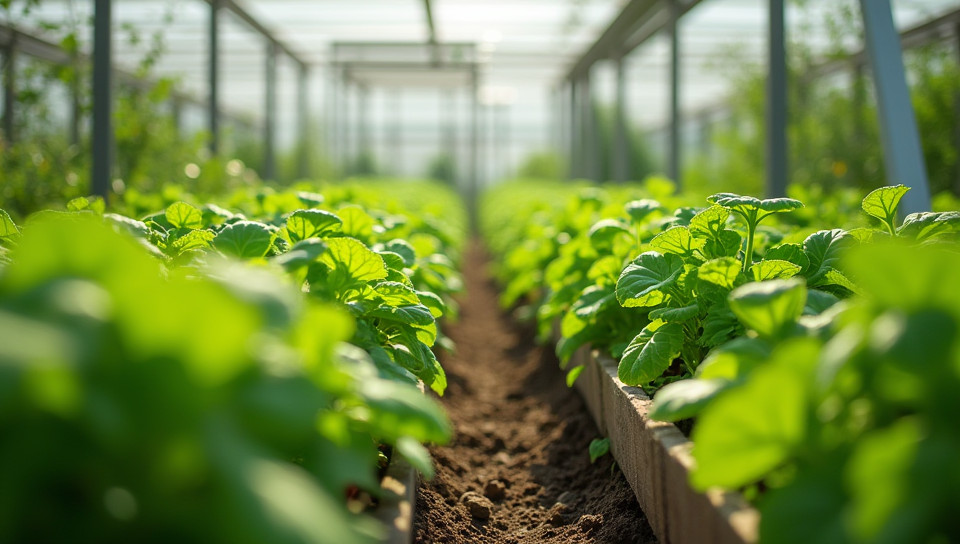Nutrient deficiencies can occur in hydroponic gardens 80%

The Hidden Dangers of Hydroponic Gardening
As hydroponic gardening continues to gain popularity, many gardeners are turning to this method for its water efficiency and increased crop yields. However, beneath the surface of these benefits lies a potential pitfall that can significantly impact the health and productivity of your crops: nutrient deficiencies.
Understanding Nutrient Deficiencies in Hydroponic Gardens
Nutrient deficiencies occur when plants do not receive the necessary nutrients to grow and thrive. In hydroponic gardens, where the soil is absent, this problem becomes even more critical. Since the roots of the plants are submerged in a nutrient-rich solution rather than soil, it can be challenging for gardeners to ensure their crops receive all the necessary macronutrients (nitrogen, phosphorus, potassium) and micronutrients.
Causes of Nutrient Deficiencies in Hydroponic Gardens
Nutrient deficiencies in hydroponic gardens can arise from several causes: - pH imbalances - Inadequate nutrient dosing or scheduling - Insufficient monitoring of water quality and temperature - Over-reliance on synthetic fertilizers rather than natural alternatives - Failure to replenish depleted nutrients in the growing medium
The Impact of Nutrient Deficiencies on Crops
Nutrient deficiencies can have far-reaching consequences for your crops, including:
- Stunted growth and reduced yields
- Decreased fruit quality and flavor
- Increased susceptibility to pests and diseases
- Reduced plant vigor and resilience
Prevention and Correction Strategies
To mitigate the risk of nutrient deficiencies in hydroponic gardens, gardeners must adopt a proactive approach. This includes: - Conducting regular soil (or growing medium) tests to monitor pH levels and nutrient availability - Adjusting nutrient dosing schedules based on plant growth stages and requirements - Implementing integrated pest management strategies to minimize the need for chemical fertilizers - Regularly inspecting crops for signs of nutrient deficiencies and taking corrective action promptly
Conclusion
Nutrient deficiencies can have devastating consequences for hydroponic gardens, leading to reduced crop yields and decreased overall health. By understanding the causes of these deficiencies and implementing preventative measures, gardeners can ensure their crops receive the necessary nutrients to thrive. Remember, a well-balanced nutrient profile is key to achieving optimal results in your hydroponic garden. With careful attention and monitoring, you can overcome the challenges of nutrient deficiencies and enjoy bountiful harvests from your hydroponic garden.
- Created by: Olivia Brunner
- Created at: Feb. 1, 2025, 1:32 p.m.
- ID: 19839
